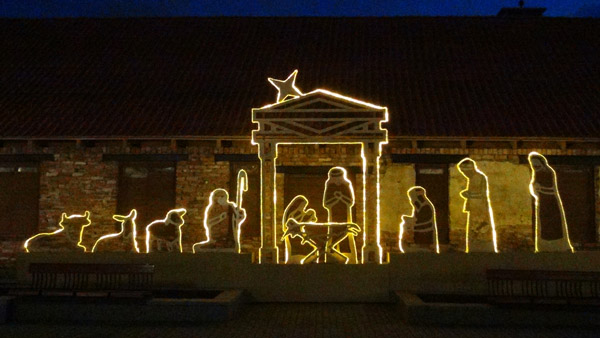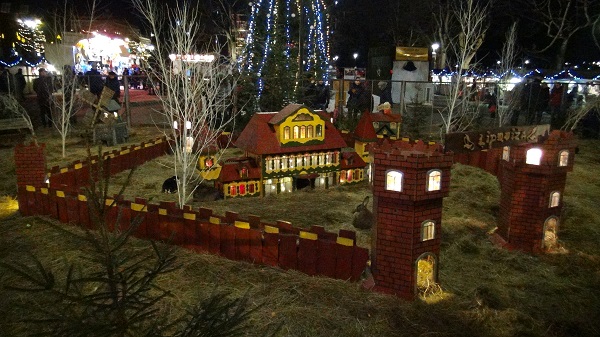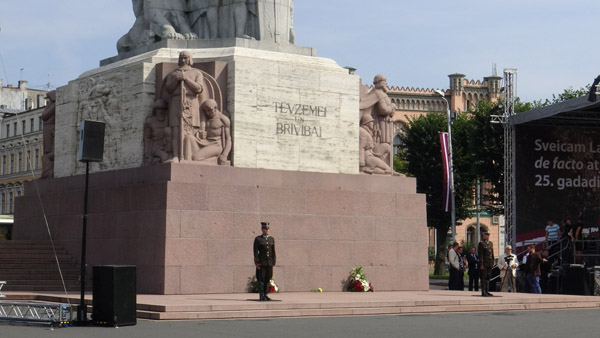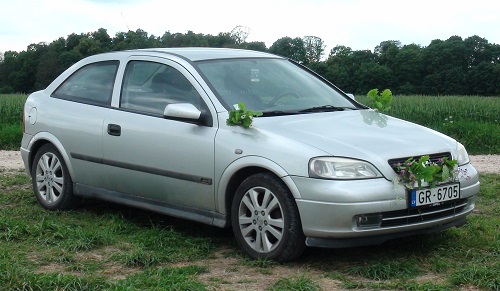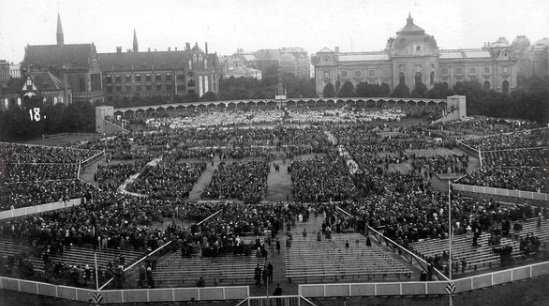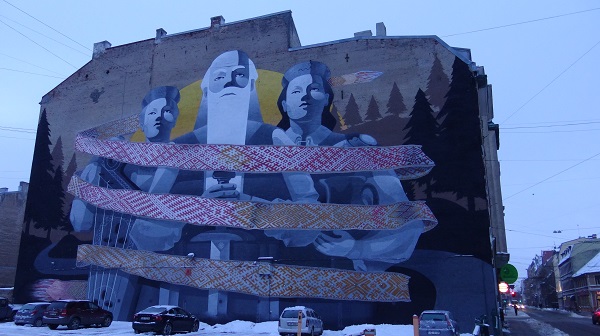Most of the most celebrated Latvian holidays are Christian (Christmas, Easter). Some however also have roots in ethnic culture (Līgo).
In independent Latvia numerous days were designated as national (patriotic) holidays, commemorating both happy and sad historical events. The popularity of celebrating such days varies but many of them are days off work.
A unique Baltic holiday is the UNESCO-inscribed Song Festival that takes place every 5 years and includes many Latvians coming to Riga to sing together.
Public holidays
These are public holidays in Latvia (when the offices close down):
New Year Day – January 1st
Great Friday – Date set by Catholic tradition
Easter Sunday – Date set by Catholic tradition
Easter Monday – Date set by Catholic tradition
Labour Day – May 1st
Independence Day – May 4th
Līgo – June 23rd
Jāņi – June 24th
Republic Day – November 18th
New Year Eve – December 31th
Prolonged periods of rest
As many of the public holidays come one after another, this gives Latvians multiple longer periods of rest (“long weekends”):
Easter period in Spring – 4 days (Friday to Monday)
Independence day period in May – 3 days (when it falls on Friday, Saturday, Sunday or Monday), at times may join with Labour day to provide 4 days of rest
Līgo period in June – 2 days (up to 4 if it falls next to a weekend)
Republic day period in November – 3 days (when it falls on Friday, Saturday, Sunday or Monday)
Christmas period in December – 3 days (up to 5 if it falls next to a weekend)
New Year period in December – 2 days (up to 4 if it falls next to a weekend)
When two holiday periods come one after another with just a couple of days in between, the work during these days may also be limited as many workers would take their paid leave then in order to have prolonged holidays.

